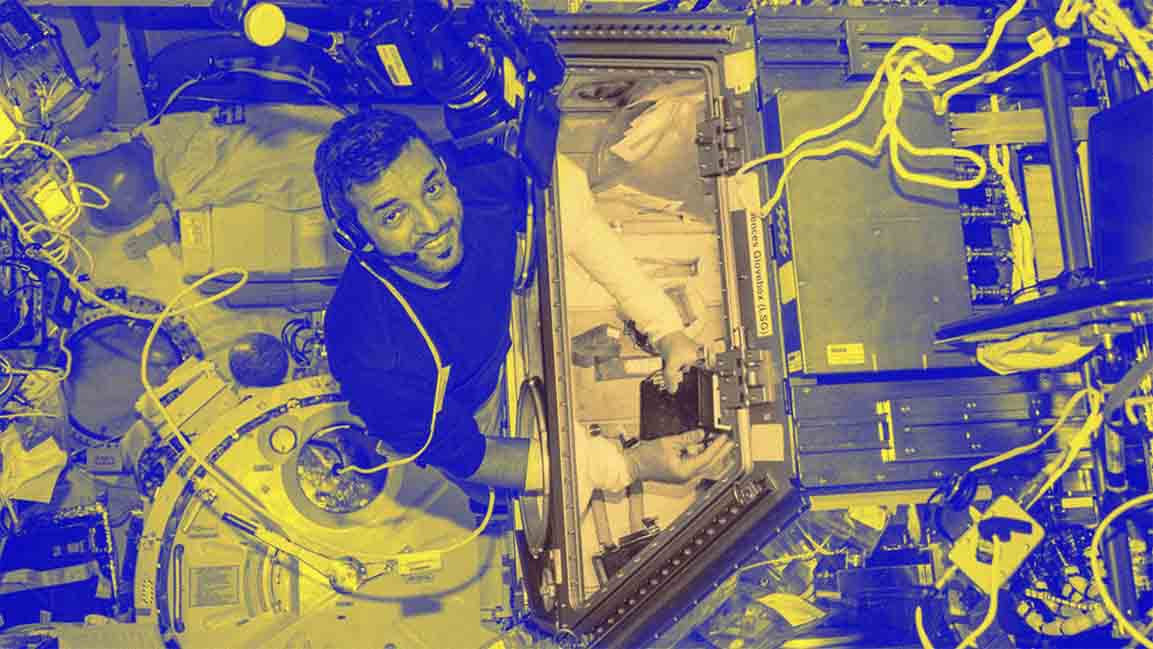- | 1:00 pm
Astronaut Sultan Al Neyadi conducts 3D-printing experiment for knee cartilage tissue in space
The experiment aims to assess the capability of 3D-printing knee cartilage tissue for treating injuries in both space and remote areas on Earth.

Sultan Al Neyadi, an Emirati astronaut, and his NASA colleague Frank Rubio are currently conducting experiments on the International Space Station (ISS) to assess the viability of 3D printing knee cartilage tissue using advanced technology.
The BioFabrication Facility, a state-of-the-art 3D printer, has been deployed by NASA to create human tissue samples in space. According to NASA, the objective is to evaluate whether microgravity conditions can improve the quality of 3D-printed tissue samples compared to those produced on Earth.
The purpose of the experiment is to examine the feasibility of using 3D-printed knee cartilage tissue for treating injuries in remote areas on Earth and in space.
Dr. Al Neyadi, who recently arrived at the ISS, has been engaged in various research projects, including studying human heart tissue and FDA-approved medication for heart ailments. He is also serving as a test subject for a sleep research program.
By using 3D bioprinting technology, NASA aims to alleviate musculoskeletal injuries. “Crew members who experience musculoskeletal injuries on future deep space missions may benefit from the capability to bioprint tissue such as knee cartilage to promote recovery,” the release said.
The scientists aim to assess the mechanical properties of the tissue bioprinted in microgravity and on Earth.
Dr. Al Neyadi and Rubio performed neck, shoulder, and leg vein scans using the Ultrasound 2 medical device as part of another experiment. This equipment provides high-resolution ultrasound images of specific body areas.
During the six-month mission, 250 research experiments will be conducted, including at least 20 experiments by Dr. Al Neyadi and the tasks assigned by NASA and maintenance work on the space station.
In May, two Saudi astronauts will embark on a 10-day mission to the ISS, carrying out around 12 research experiments. These experiments will focus on topics such as the inflammatory response of human immune cells in microgravity and an artificial rain experiment.
































